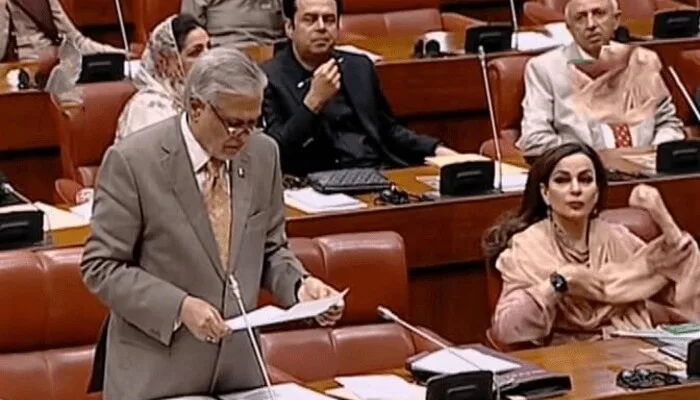
The nomination of Kash Patel as the next FBI director by President-elect Donald Trump has sent political shockwaves through Washington. This controversial choice has sparked sharp reactions from both sides of the aisle. Patel’s nomination marks another contentious step in Trump’s plans for significant administrative changes, particularly in law enforcement.
Mixed Reactions from Republicans
Patel, a former intelligence and defense official during Trump’s first term, has garnered both support and skepticism from Republican leaders. Trump praised Patel as a “brilliant lawyer” and an “America First fighter” dedicated to exposing corruption. Senator Ted Cruz echoed this sentiment, describing Patel as a “strong nominee” capable of reforming the FBI and eliminating partisan bias.
However, not all Republicans are fully on board. Senator Mike Rounds expressed reservations, emphasizing his continued support for current FBI Director Christopher Wray, who was appointed by Trump in 2017. “I think the president picked a very good man to be the director of the FBI when he did that in his first term,” Rounds said, signaling his reluctance to replace Wray.
Sharp Criticism from Democrats
Democratic leaders have fiercely opposed Patel’s nomination, arguing that his close alignment with Trump’s political agenda undermines the FBI’s independence. Senator Chris Murphy voiced strong concerns, warning that Patel would prioritize political loyalty over impartial justice. Murphy stated, “Donald Trump told the American public during the campaign that he was going to turn the Department of Justice into a political operation… Kash Patel’s only qualification is that he agrees with Donald Trump on weaponizing the Justice Department.”
Senator Dick Durbin joined the opposition, urging his colleagues to reject the nomination. He accused Trump of attempting to replace Wray with “an unqualified loyalist” to pursue a political agenda. Durbin further warned that approving Patel could lead to the FBI being used as a tool for political retribution.
Potential Impact on FBI Leadership
The controversy surrounding Patel’s nomination is intensified by the fact that Wray’s term is not set to expire until 2027. For Patel to assume the role, Wray would have to resign or be dismissed by Trump, followed by Senate confirmation. With a narrow Republican majority of 53-47, the Senate vote could be pivotal. Incoming Majority Leader John Thune will need to ensure minimal defections from his party to secure Patel’s confirmation.
Read: Trump Nominates Pardoned Developer Charles Kushner as Ambassador to France
Internal Divisions and Broader Implications
Trump’s recent personnel choices have sparked fierce debate, with Patel’s nomination being the latest flashpoint. Some Republicans see Patel as a necessary agent of change, while others fear disruption within the FBI. Meanwhile, Democrats argue that the nomination represents a dangerous precedent of politicizing law enforcement.
As Patel prepares for the confirmation process, the Senate faces a critical decision that could redefine the future of the FBI. The outcome will test the balance between political loyalty and institutional independence, making this nomination a key moment in the evolving landscape of U.S. governance.
Follow us on Google News, Instagram, YouTube, Facebook,Whats App, and TikTok for latest updates











